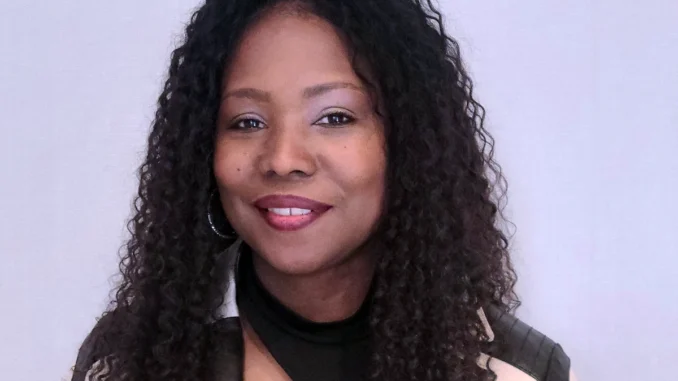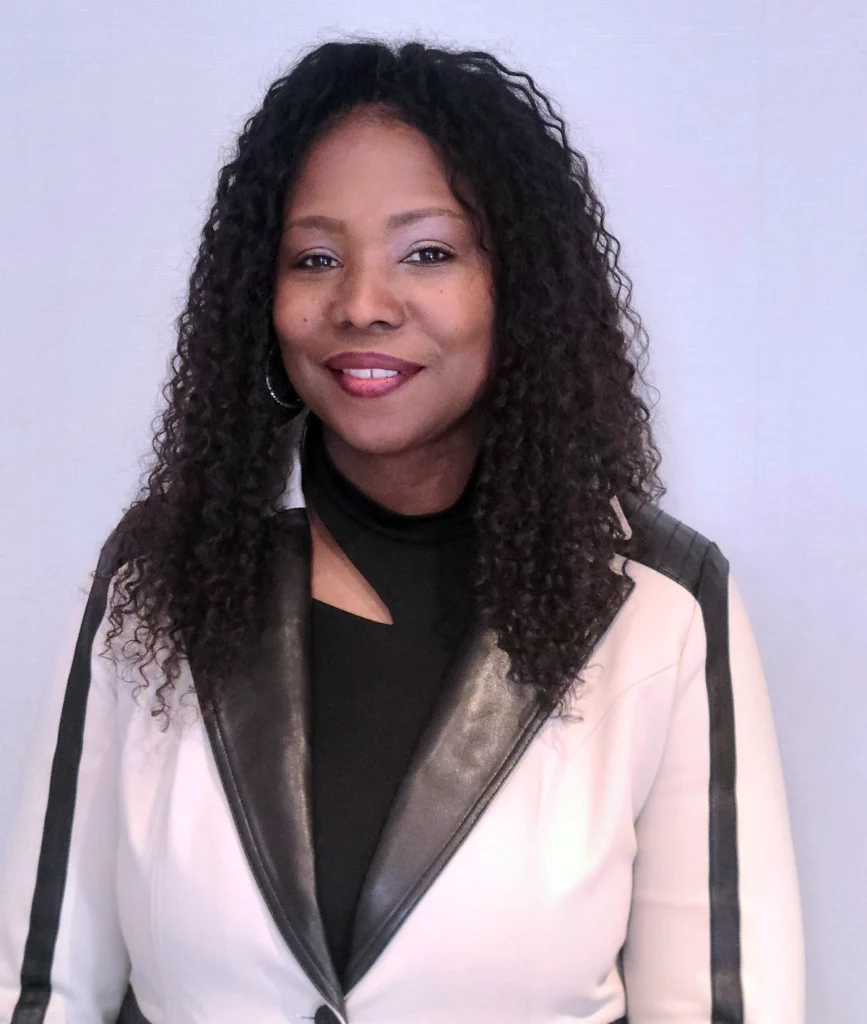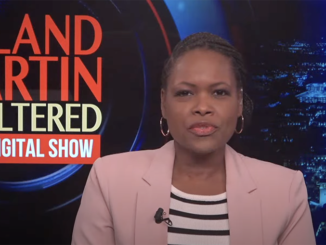
Sponsored Content by JPMorgan Chase & Co.
By J.P. Morgan Private Banker
Tawanna Browne Smith,
Vice President and Banker, J.P. Morgan Private Bank
When you lose a spouse, you’re often left grieving while also trying to figure out how to find a way forward and identify what’s next – personally, career wise and financially. Life is a journey with many chapters and with life experiences and lessons learned, we find and deepen our connection with ourselves.
In the aftermath of losing my husband several years ago, I connected with other women who were grieving the loss of their spouse and also saw many of them struggling with managing their finances. I had a previous career in banking with a good handle on my family’s finances. As a result, I found myself to be a resource to other women in a similar situation to educate them on how to manage finances in this new chapter of their life.
It’s an all too common story for married couples where one spouse manages the finances and the other has little to no involvement. Shortly after my husband died, COVID-19 hit and I found myself doing little more than just taking care of the house and kids. After months of introspection and a deep desire to find sense for it all, I came to the conclusion that I needed to turn my pain into purpose. My exposure to a network of women facing similar life circumstances provided me with my answer and my next steps: rejoin the banking workforce and work with women to plan for and protect their family’s wealth – especially in the face of tragic life events.
Finding a new path
Deciding to rejoin the workforce after a prolonged career break is no easy decision. Aside from the transition of working for yourself, there are a slew of other factors you need to consider. My finding the JPMorgan Chase ReEntry Program was a bit of good timing and divine intervention. Shortly after I applied to the program, I interviewed and was on my way into a new career with the Private Bank in Baltimore. The structure of the ReEntry Program is a nice cocoon for on-boarding a new employee – especially one who has been out of corporate America for over a decade.
That said, if you are planning to rejoin the workforce it’s important to give yourself grace and be intentional about the next chapter of your life. Take the time to think about the industry, the company and your personal brand. Be sure you are taking the right next step for yourself and that you are doing it for the appropriate reason – keeping your “why” in mind.
Planning for the unexpected
Because of my journey, I am passionate about helping clients who are facing life-changing circumstances. Below are three key financial tips for individuals no matter where they are on the wealth spectrum.
- Identify where your documents are located
–Put together a master document that outlines a list of all your bills and how they are paid, usernames and passwords for accounts, and important financial and estate planning documents including bank statements, wills and any other directives. Place them in a safe or lock box that a trusted family member is aware of. - Build your short-term liquidity fund – As a general rule of thumb, setting aside three to six months’ worth of your basic essential expenses is key for preparing for a rainy day. When you’re just starting out, it’s okay to start small and continue building from there. Everyone has a different comfort level for what this fund (a savings or money market account) looks like. The main point is to take a look at your monthly expenses and plan your short-term safety net from there in the event that the unexpected happens.
- Make sure estate documents are in order – For some families, discussions around sickness and death are tough ones to have. Unfortunately, proper estate planning can be overlooked as a result. The negative cost of this oversight can pose a threat to the surviving family’s wealth and financial well-being. Ensuring you have a will, powers of attorney (POA), living trust, advanced directives and other important estate documents in place is crucial for protecting assets and outlining your wishes in the event of your passing. Be sure to update these documents as major life events happen over the years.
It’s normal to be reluctant about planning for unexpected events – it’s personal and complex. Taking control of your finances and thinking ahead about your future is an evolving process. Working with a trusted team can help you ensure your wealth plans support the hopes and dreams you have for your family’s future.
Tawanna Browne Smith is a vice president and banker at J.P. Morgan Private Bank in Baltimore. Smith leverages her trading and analysis background to guide successful individuals and their families in taking a holistic view of their wealth management goals and aspirations.

Tawanna Browne Smith,
Vice President and Banker, J.P. Morgan Private Bank





